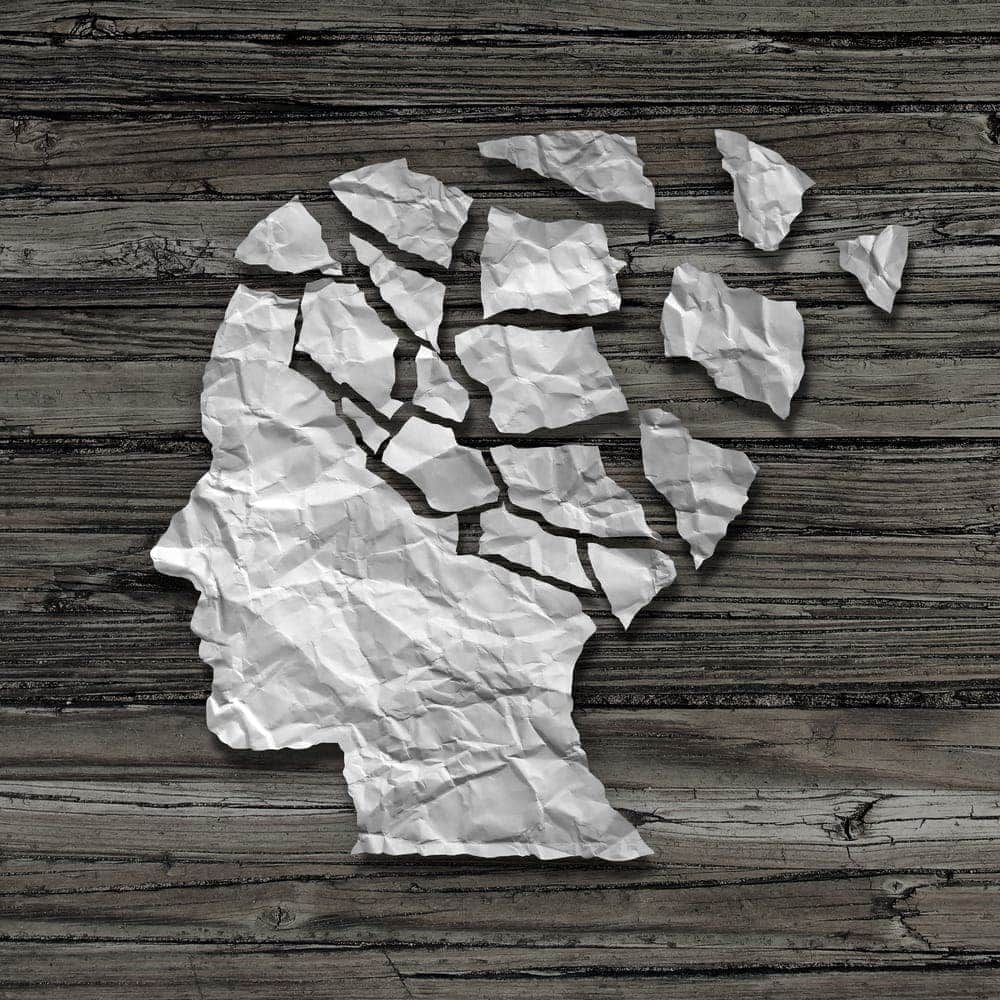Tooth Loss Linked to Slowing Mind and Body

Did you know that if you lose all of your teeth, you could also lose your memory? Tooth loss could slow down your walking speed too.
These are the findings in a recent study from University College London.
The results, published in the Journal of American Geriatrics, found adults 60 or over with none of their own teeth performed approximately 10% worse in both memory and walking speed tests than the people with teeth. The study looked at over 3000 individuals.
Deteriorating oral health, and in turn, tooth loss, could help identify patients at risk of further, overall physical decline.
Lead author of the study, Dr Georgios Tsakos (UCL Epidemiology & Public Health) says, “Tooth loss could be used as an early marker of mental and physical decline in older age, particularly among 60-74 year olds,” said Dr Tsakos.
While Dr Tsakos says that lifestyle and psychosocial factors often affect an individual's likelihood of losing teeth, recognising and addressing the warning signs is imperative to preventing health decline.
“Regardless of what is behind the link between tooth loss and decline in function, recognising excessive tooth loss presents an opportunity for early identification of adults at higher risk of faster mental and physical decline later in their life.”
What are the top 9 risk factors for tooth loss?
The Journal of Periodontology ranked the top nine risk factors for tooth loss due to periodontal disease as:
The connection between oral health and systemic health is increasingly entering the general consciousness. With poor oral health being now linked to diabetes, depression, heart disease, inflammatory conditions, low birth weights and pre-eclampsia, taking care of your oral hygiene has never been more important. While much of the research is new, what is consistent is that oral health can be used as a diagnostic tool helping health workers identify whether patients are potentially at an increased risk of more severe illnesses.
Looking out for the signs of gum disease or tooth decay.
The following symptoms could indicate mild to severe gum disease and should be immediately attended by a dentist.
- Being over the age of 35
- Being male
- Never getting professional dental care
- Never using a toothbrush
- Smoking (current or past)
- Having diabetes
- Having high blood pressure
- Having rheumatoid arthritis
It's not only tooth loss you need to worry about.
Poor oral health could also put you at risk of diabetes, depression, heart disease, and preeclampsia to name a few.
Poor oral hygiene is not only alarming for seniors, it can be detrimental to your systemic health at any age. Bad oral health has been linked to a number of systemic maladies, many which can be life threatening. The one constant in all of the research is that oral health can be used as a diagnostic tool helping health workers identify whether patients are potentially at an increased risk of more severe illnesses.
What symptoms should you look out for?
The following symptoms could indicate mild to severe gum disease and should be immediately attended by a dentist.
- Red, swollen, sore or tender gums
- Pain in your jaw or pain that seems to radiate from a particular tooth
- Bleeding while brushing, flossing or eating
- Receding gums or you may notice teeth appear longer than before
- Loosening or separating teeth
- Infection, including pus between your gums and teeth
- Sores or ulcers
- Persistently bad breath
- A change in the fit of partial dentures
Your oral health can have a much greater affect on your body than bad breath or yellow teeth. It should be treated with your utmost care and attention. Or you might end up in a much worse place than you are now.

